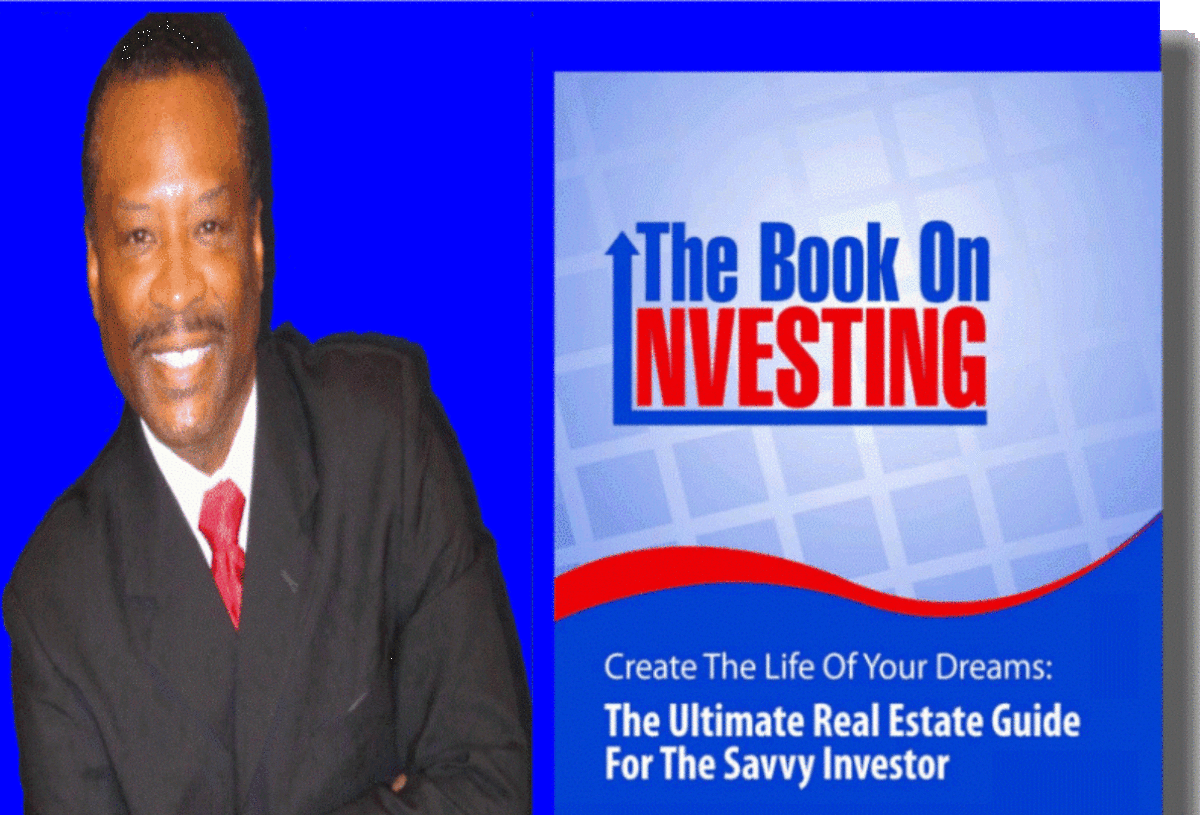
Cash flow came up the other day in an interesting conversation with a friend over a Starbucks coffee. He knew that I like investing in real estate but he wanted to know how real estate investing grows wealth. Now, I knew that my friend has an analytical mind and I know that in his question, he would be analyzing every word that came from my mouth. So, I thought about his question for a few seconds and realized that I had to give him an answer that would satisfy has curious mind. I then picked up a Starbucks brown napkin and wrote four terms: cash flow, equity, depreciation, and appreciation.
Grow Your Wealth By: (1) Cash Flow
First, I told him that real estate investing provides for gross spendable income or as we say in the real estate investing, cash flow. I asked him to imagine buying a property for 60% of the market value, using the bank to finance the property and then renting the property out for twice the mortgage that you are paying on it. He said that “it sounds good!” I said, that’s cash flow making you wealthy!
Grow Your Wealth By: (2) Equity
Second, in addition to cash flow, now take the same property and hold on to it for a number of years. Let your tenant pay your down your mortgage. This means that the debt on the property is decreasing and your equity is increasing. The equity in the house is a valuable asset. It can be used as leverage to buy another property to start the process over again. I asked him, still sounding good? He replied, keep going. I said, that’s how you grow your wealth!
Grow Your Wealth By: (3) Depreciation
Thirdly, I said after considering the cash flow and equity take the same property and deduct the cost of depreciation for the wear and tear on the house by the tenant. Then you use that depreciation as a loss on your taxes. This could save you thousands on your taxes. I asked, “still with me” he nodding his head. I said, this how savings in taxes grows your wealth!
Grow Your Wealth By: (4) Appreciation
Lastly, I said consider cash flow, equity, depreciation, and now add in appreciation to the property. I told him that the savvy real estate investor makes money when he buys a real estate deal not when he sells. Remember I told him to imagine buying this property at 60% of the market value? This means that in a worst case scenario, the property should appraise for what you bought it for. So you would not lose any money. The upside of appreciation is that the property will more than likely rise in value and become more of a good investment over time. I said, are you still concerned about growing your wealth?
After about 10 minutes of my back of a napkin presentation, I asked him if he could find the same benefits by investing in stocks, bonds or precious metals. He said no. He thought that what I explained to him sounded good but, was still wondered if he could grow wealth by investing in real estate. I said yes, I am doing it now!
Conclusion
My friend was so impressed with my presentation that he bought my favorite Starbucks coffee. He had learned four ways to grow wealth by investing in real estate. He had learned all about (1) cash-flow; (2) equity; (3) depreciation; and (4) appreciation. He asked about how he could learn more. I hope that you do to! If you would like to learn what I am teaching my friends and clients, come to The Book On Investing to learn about my Savvy Investor Program.


